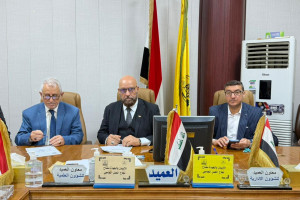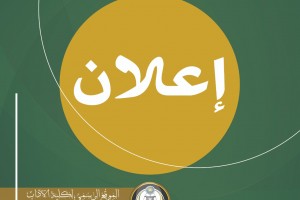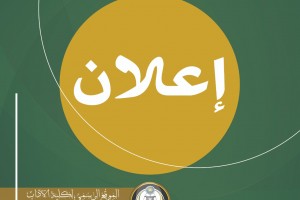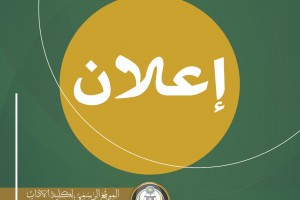
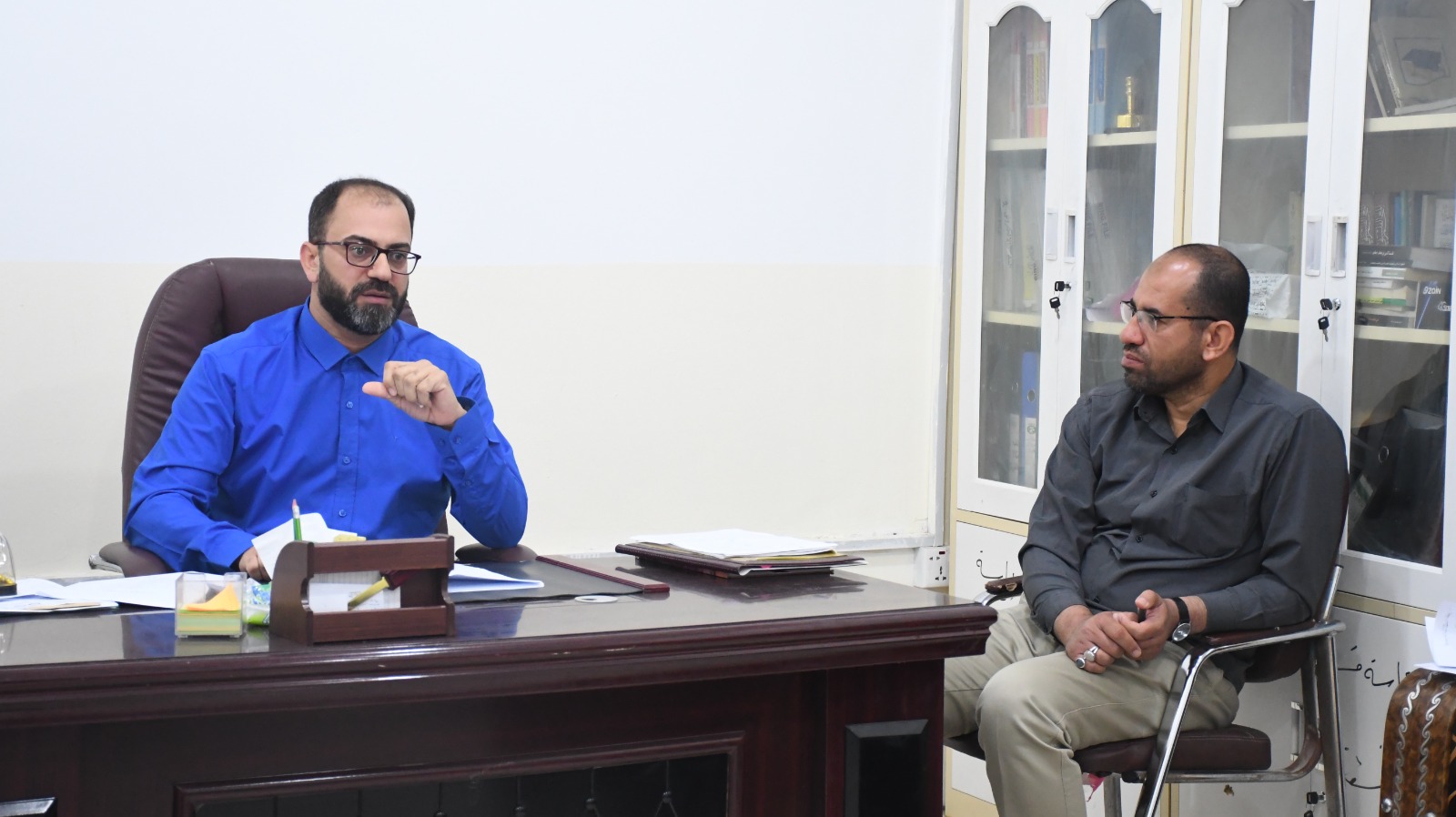
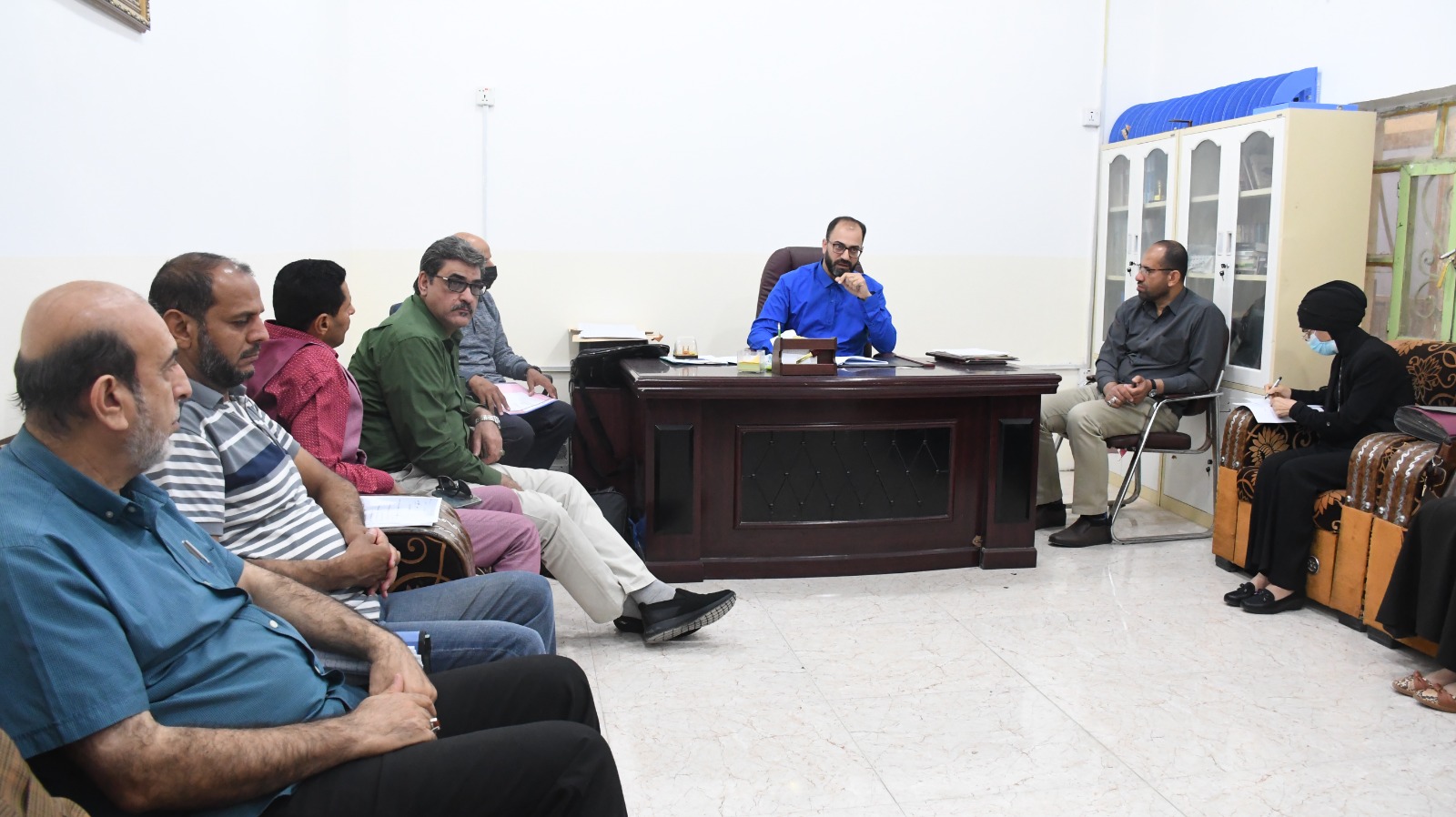
The Department of Philosophy in the College of Arts at the University of Basrah organized a panel discussion entitled ((The Book “Collection of Responses to the Kharijites” by Thomas Aquinas “Presentation and Analysis”)).
The panel discussion, in which the lect. Dr. Hassan Muhammad Jassim Al-Jabri lectured, aims to introduce St. Thomas Aquinas and explain his most prominent works and how he intended them to spread the truth.
The book (Collection of Responses to the Kharijites) had a clear importance in getting acquainted with Christian philosophy, especially in its late medieval era, and showing the importance of knowing the views, beliefs and rituals of the Christian religion after reading religious and philosophical texts. St. Thomas Aquinas did not deviate from this, as he expressed the facts of the Christian religion, using the culture of the Middle Ages and the concepts of Aristotle to communicate them to society.
The panel discussion dealt with the most important axes of the book, so the researcher gave a general description of the book, then the plan of the book from the index and the methodology used in it in the argument of the philosophers, as well as an explanation of the most prominent contents of the book in terms of issues and concepts, and finally it included a statement of an evaluative vision for the book.
The panel discussion touched on explaining the philosophical issues that Aquinas tried to include in Christian religious beliefs in terms of supporting them with rational arguments. He also wanted to discuss Muslim philosophers after tracing the social and cultural paths that greatly influenced the transition of Islamic philosophy to the late Middle Ages. The role was double after carrying the message of Greece. In philosophy, through these people, Europe knew the philosophy of Aristotle, and it had an impact on the fertilization of European thought.



